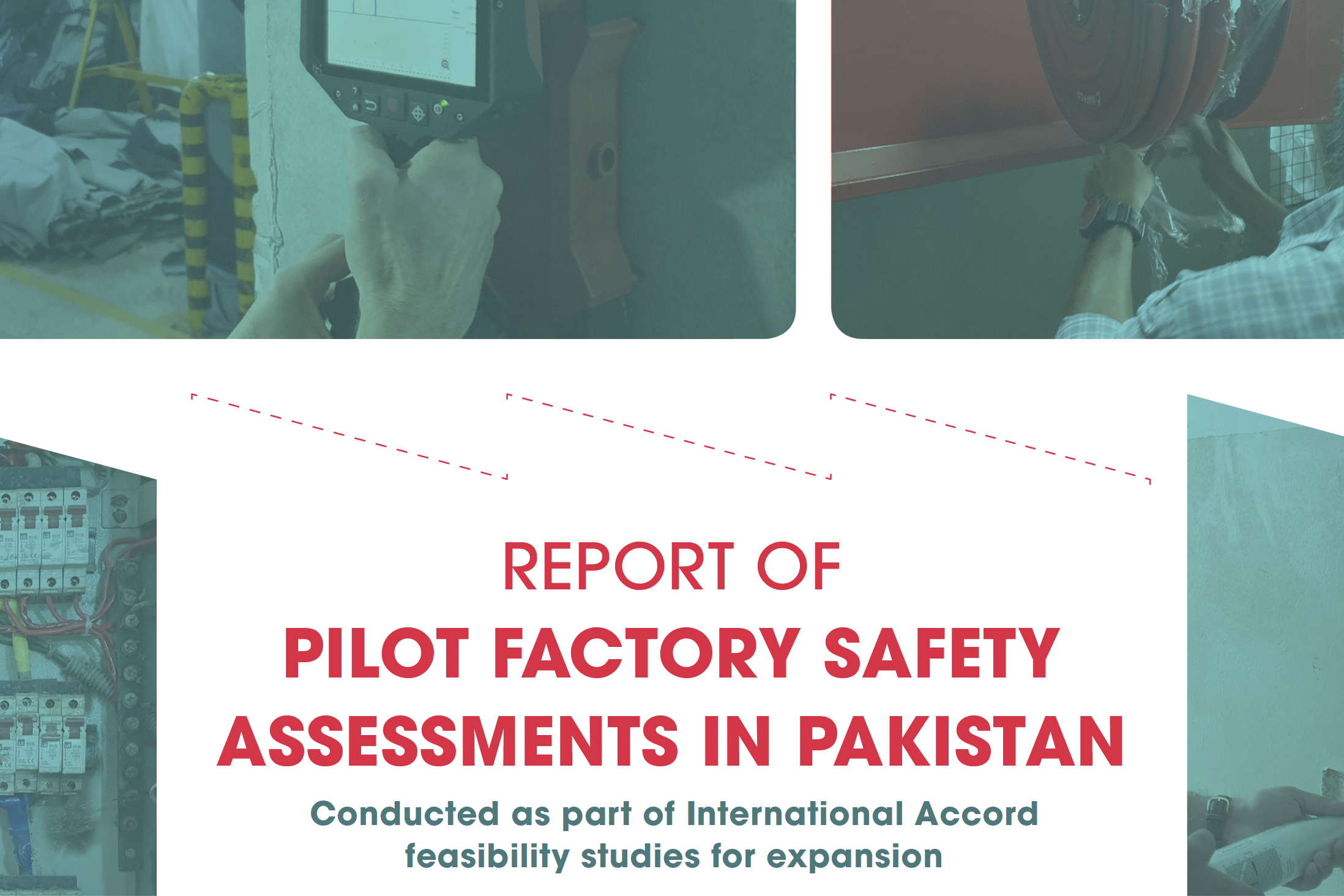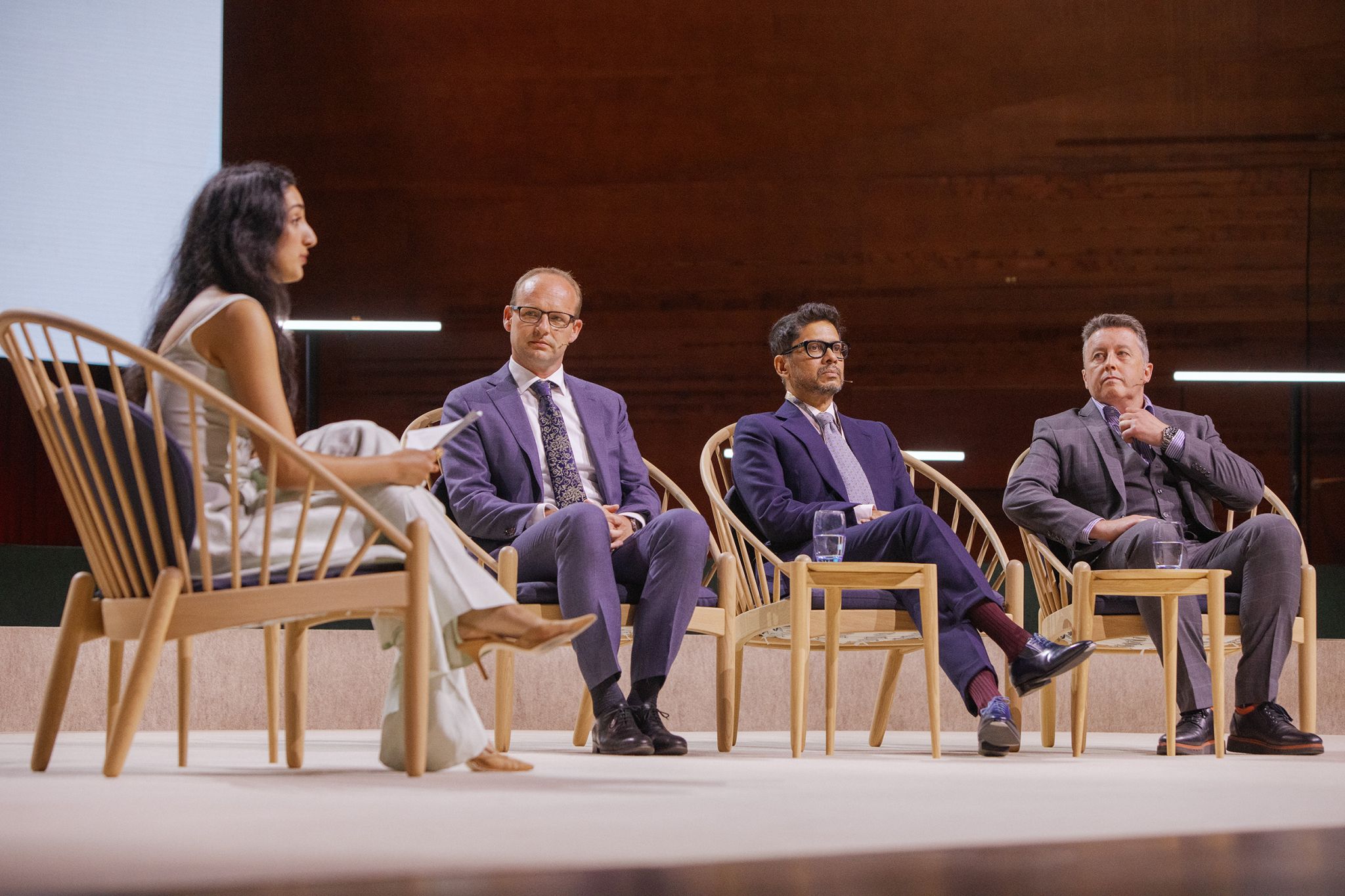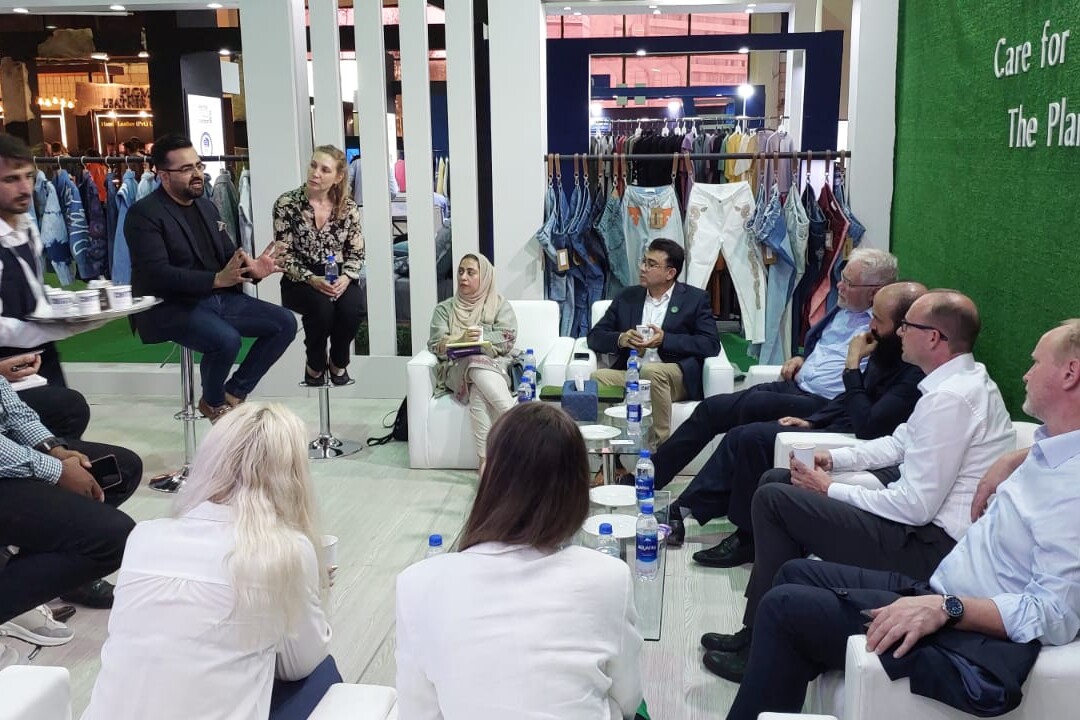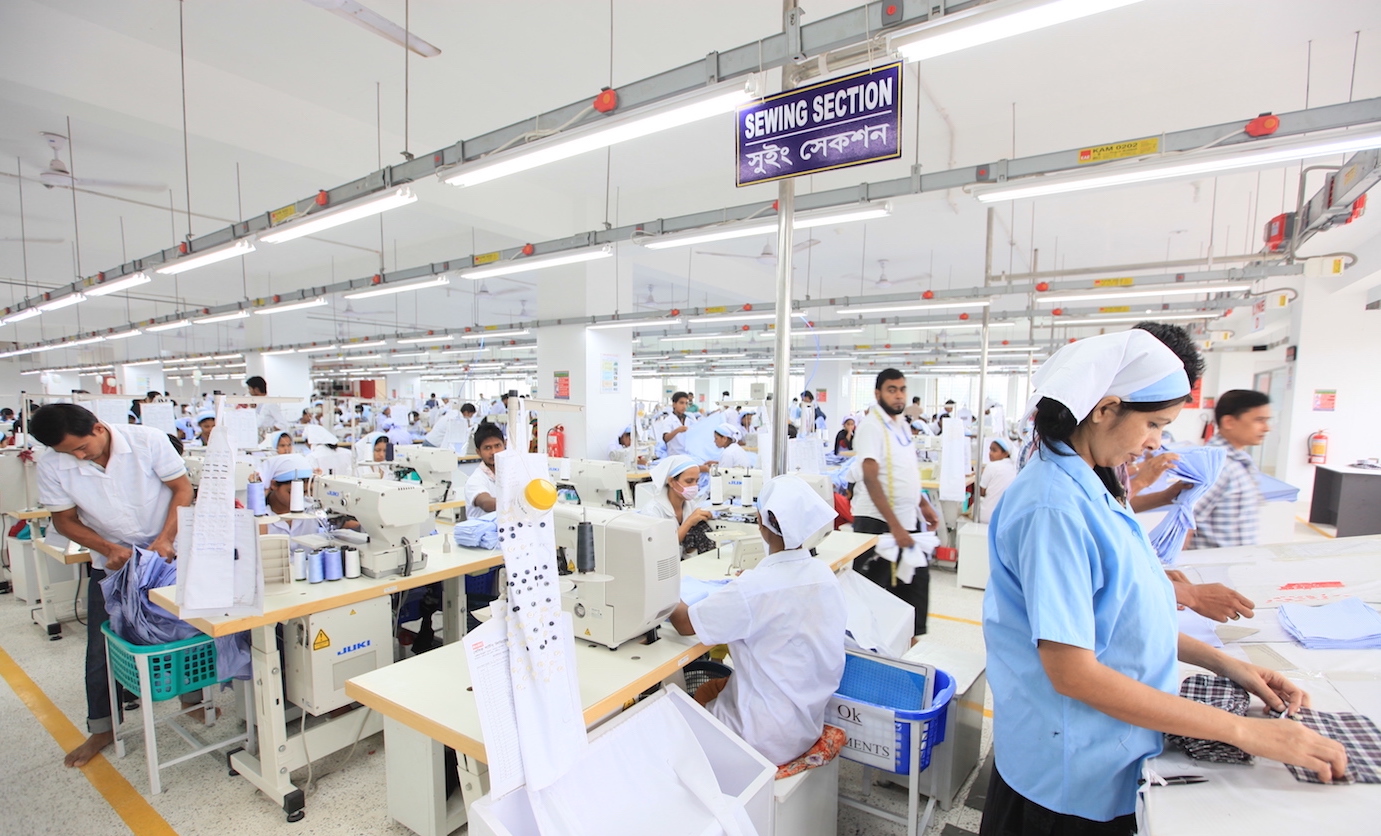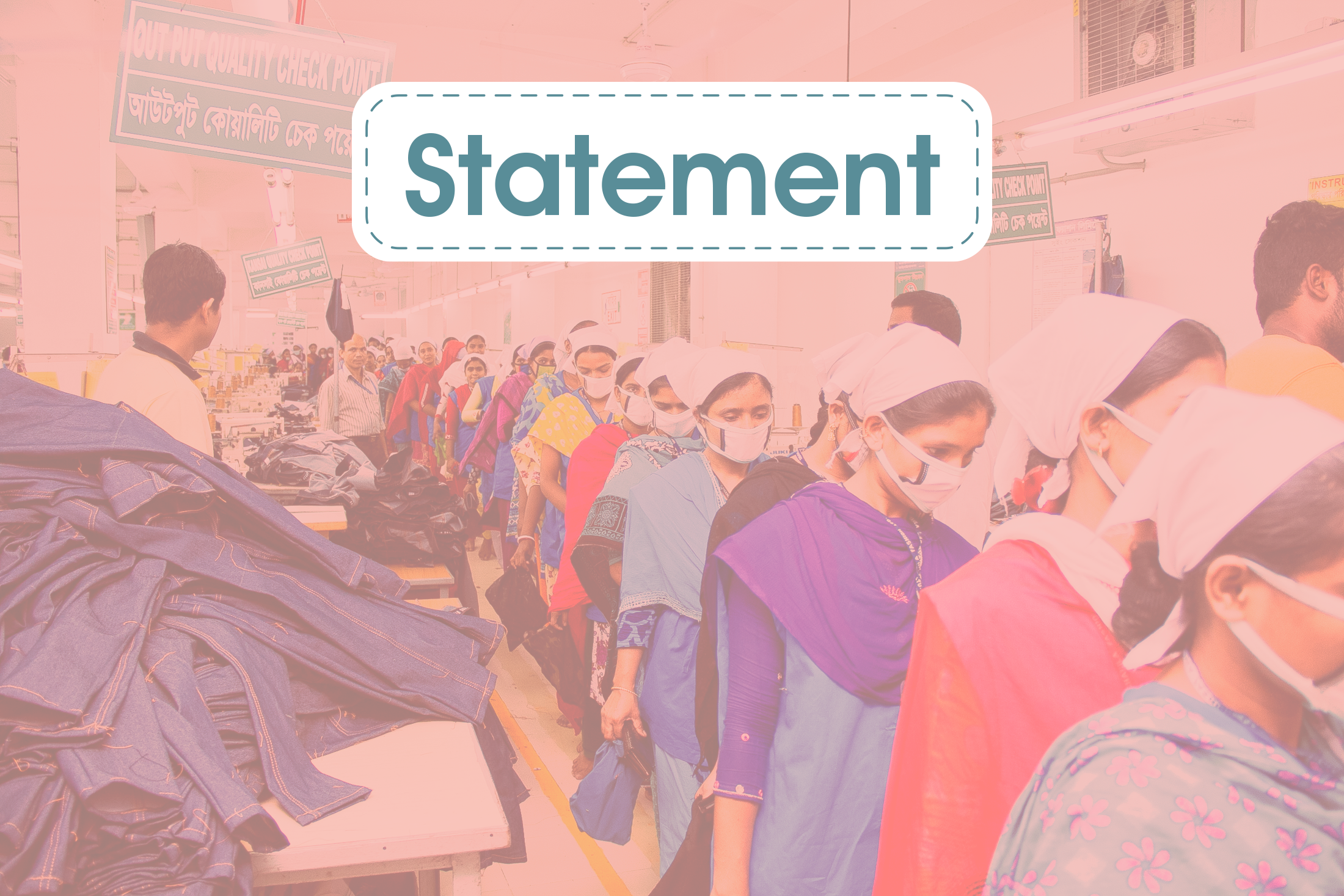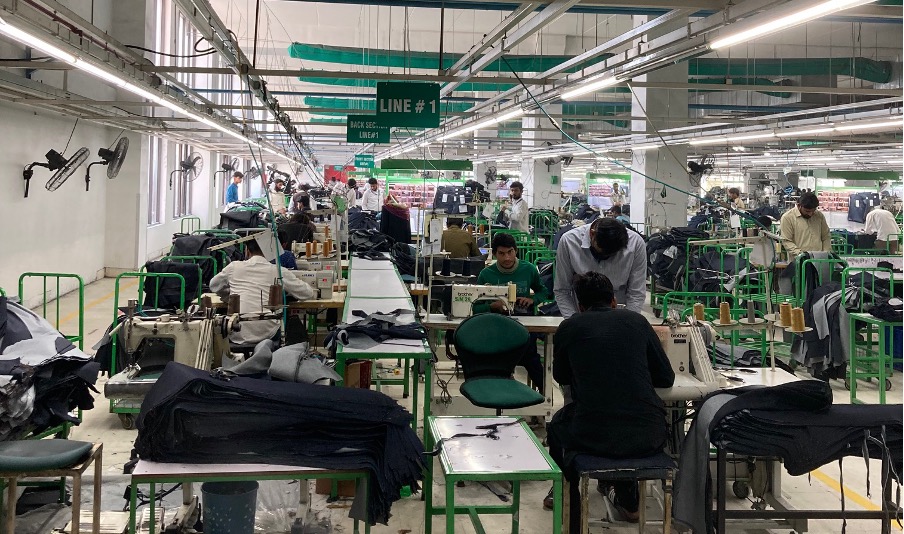New International Accord workplace safety program in Pakistan
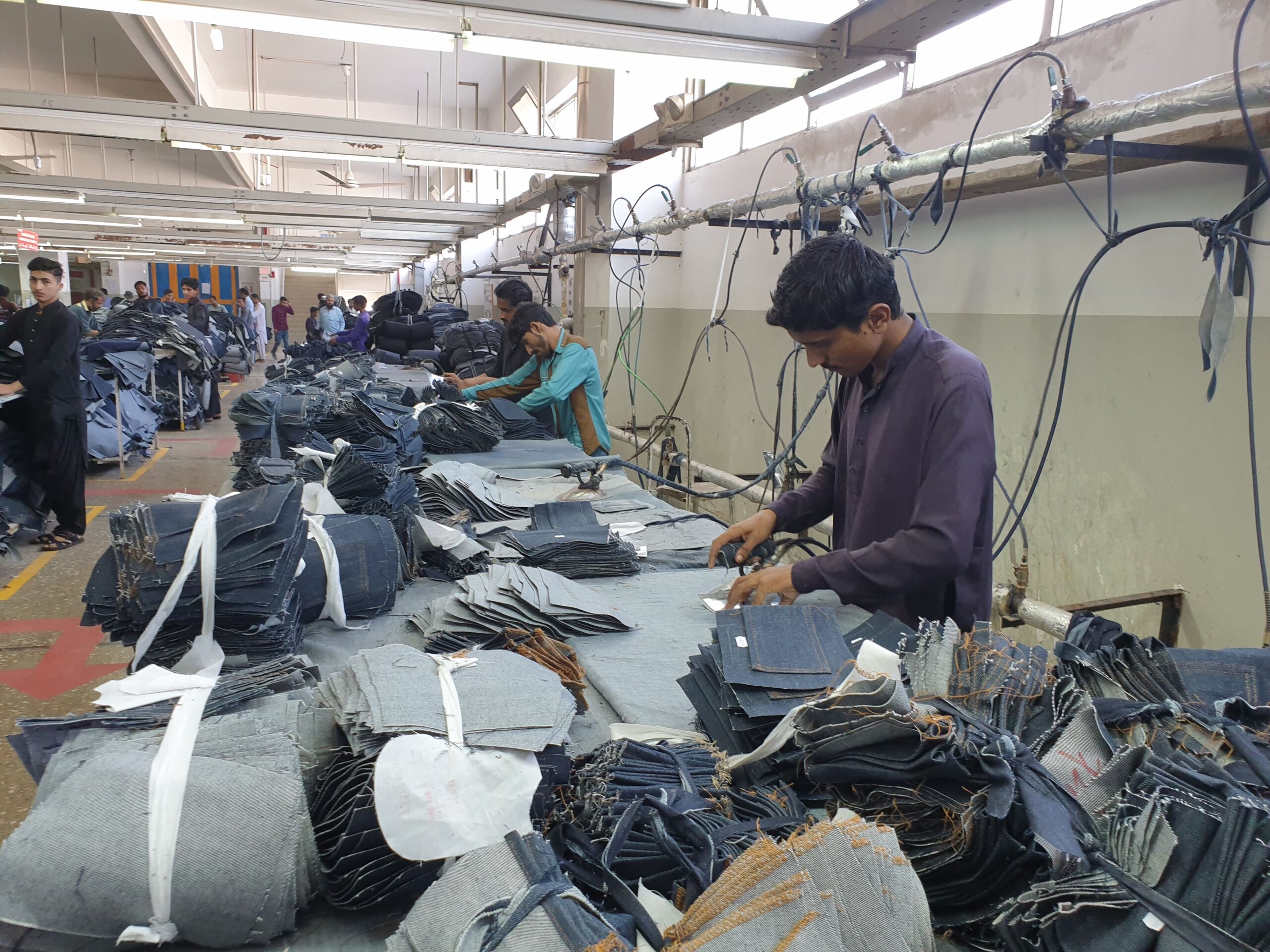
Announcement
Amsterdam, 14 December 2022:
Signatories to the International Accord for Health and Safety in the Textile and Garment Industry are establishing a comprehensive workplace health and safety program in Pakistan covering signatories’ garment and textile suppliers. The new Pakistan Accord on Health and Safety in the Textile and Garment Industry is a legally binding agreement between global unions, IndustriALL and UNI Global Union, and garment brands and retailers for an initial term of three years starting in 2023.
Building on widespread safety improvements in Bangladesh, the Pakistan Accord includes all key International Accord features: independent safety inspections to address identified fire, electrical, structural and boiler hazards, monitoring and supporting remediation, Safety Committee training and worker safety awareness program, an independent complaints mechanism, a commitment to broad transparency, and local capacity-building to enhance a culture of health and safety in the industry.
“I am pleased to see the International Accord signatories reach agreement to establish a workplace safety program covering the signatories’ garment and textile suppliers in Pakistan. We are committed to working closely with Pakistani stakeholders to ensure our collective efforts are beneficial to the industry and its workers,” said Joris Oldenziel, Executive Director, International Accord Foundation.
The successful experience in Bangladesh prompted the signatories to expand the workplace safety program to at least one other textile and garment-producing country.
Through signatory surveys, extensive research, and local stakeholder consultations, the Accord Secretariat assessed the feasibility of expanding based on key factors. Pakistan emerged as a priority country, in part because of its importance as a garment and textile sourcing country for the Accord brands.
The International Accord has undertaken extensive engagement in Pakistan with federal ministries and provincial governments, industry associations, suppliers, trade unions and civil society organisations. The Pakistan Accord programs will be implemented in phases, in close collaboration with these key stakeholders and through the establishment of a national governance body.
Scope
The Pakistan Accord covers Cut-Make-Trim (CMT) facilities, namely Ready-Made Garment (RMG), home textile, fabric and knit accessories suppliers (including vertically integrated facilities).
Fabric mills within the supply chains of the signatories are also covered, with implementation scheduled for a later stage in the program. The program aims to incrementally cover more than 500 factories producing for more than 100 Accord signatory companies throughout the Sindh and Punjab provinces, where most of Pakistan’s $20 billion in garment and textile exports are manufactured annually.
The decision to expand to Pakistan was announced during a signatory brand caucus meeting held on 14 December 2022. Brands will receive an information package on the Pakistan Accord and will be invited to sign from 16 January 2023.
Download the full text of the Pakistan Accord here.
END
For more information, contact:
- media@internationalaccord.org
- Joris Oldenziel, Executive Director International Accord: joris.oldenziel@internationalaccord.org; Mobile: +31 614954430
- Zulfiqar Shah, Consultant, Pakistan, International Accord: zulfiqar.shah@internationalaccord.org; Mobile: +92 30 02 11 96 37
Resources
Related updates
July 11, 2023
The pilot safety assessments were initiated in September 2022 to inform the Accord's ongoing feasibility studies and establish an effective safety inspection and remediation program in Pakistan.
June 29, 2023
The Global Fashion Summit organised by the Global Fashion Agenda (GFA), was held from 27-28 June at the Copenhagen Concert Hall in Denmark.
June 13, 2023
A delegation of the International Accord Secretariat and Accord signatory brands had a fruitful visit to Pakistan from 23 May to 3 June 2023.
May 29, 2023
200 global brands and retailers have now signed the International Accord for Health and Safety in the Textile and Garment Industry since it took effect on September 1, 2021.
May 15, 2023
Ten years after the first Accord was signed, the Accord Secretariat reflects on the progress in worker safety in the past decade and our vision for the future.
May 3, 2023
A total of 54 brands and retailers have thus far signed the Pakistan Accord for Health and Safety in the Textile and Garment Industry, with more expected to follow in the coming weeks.

